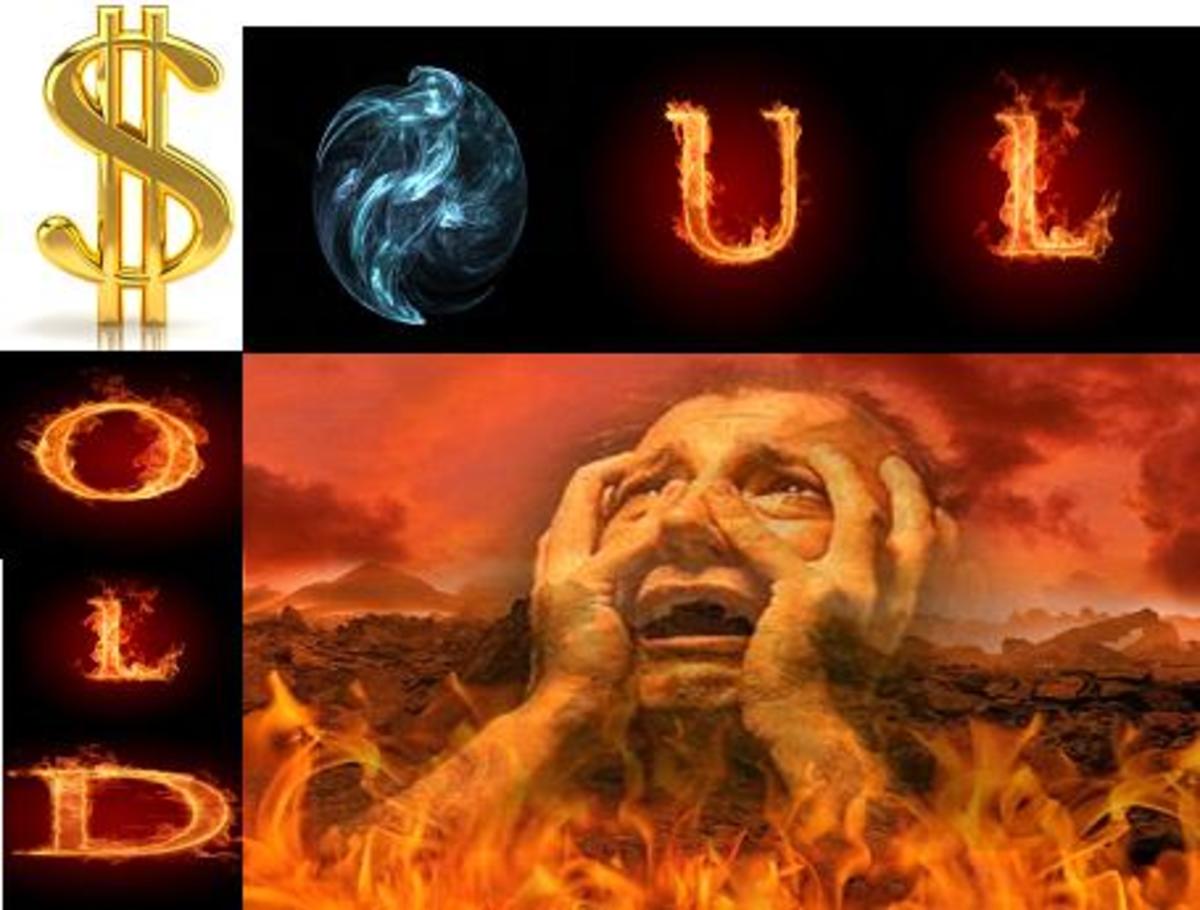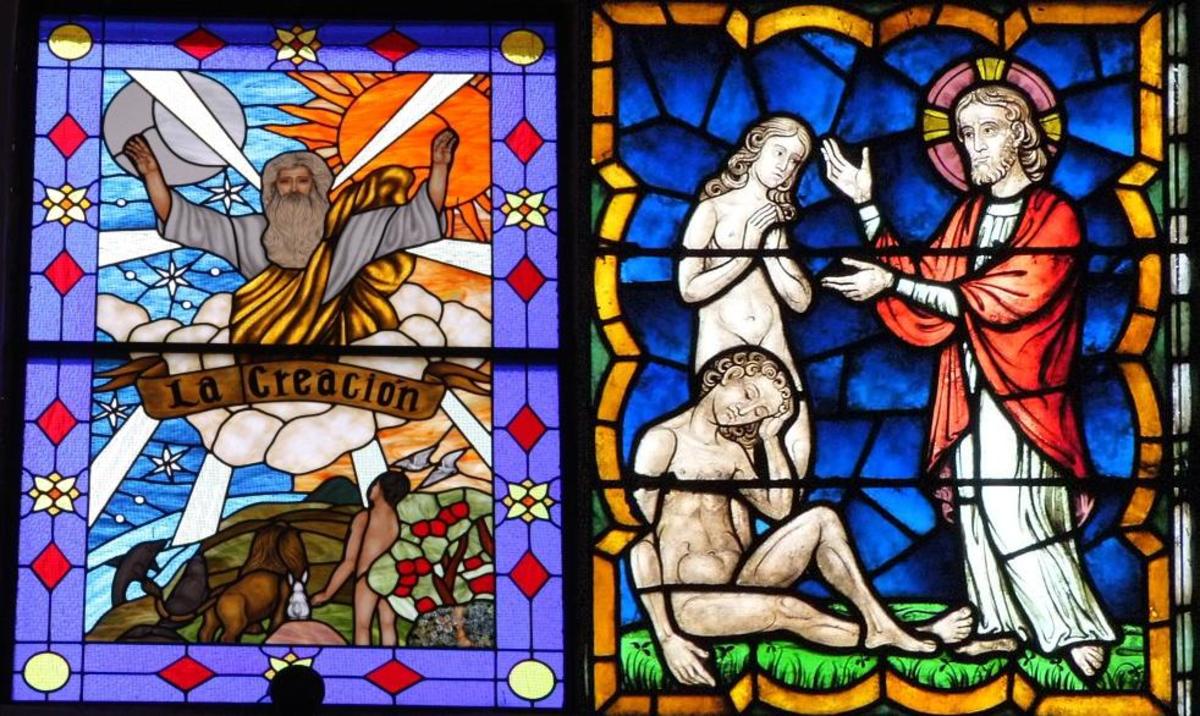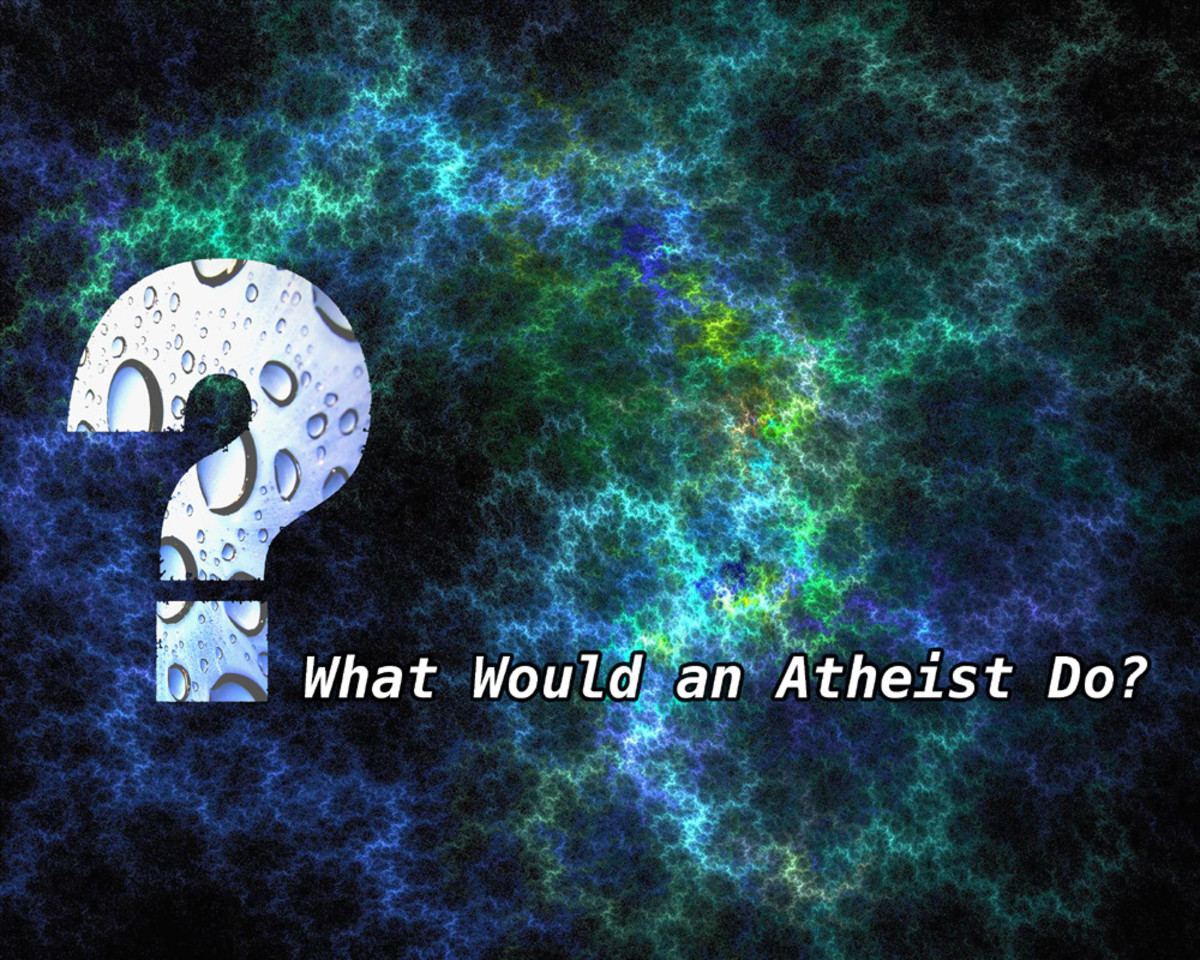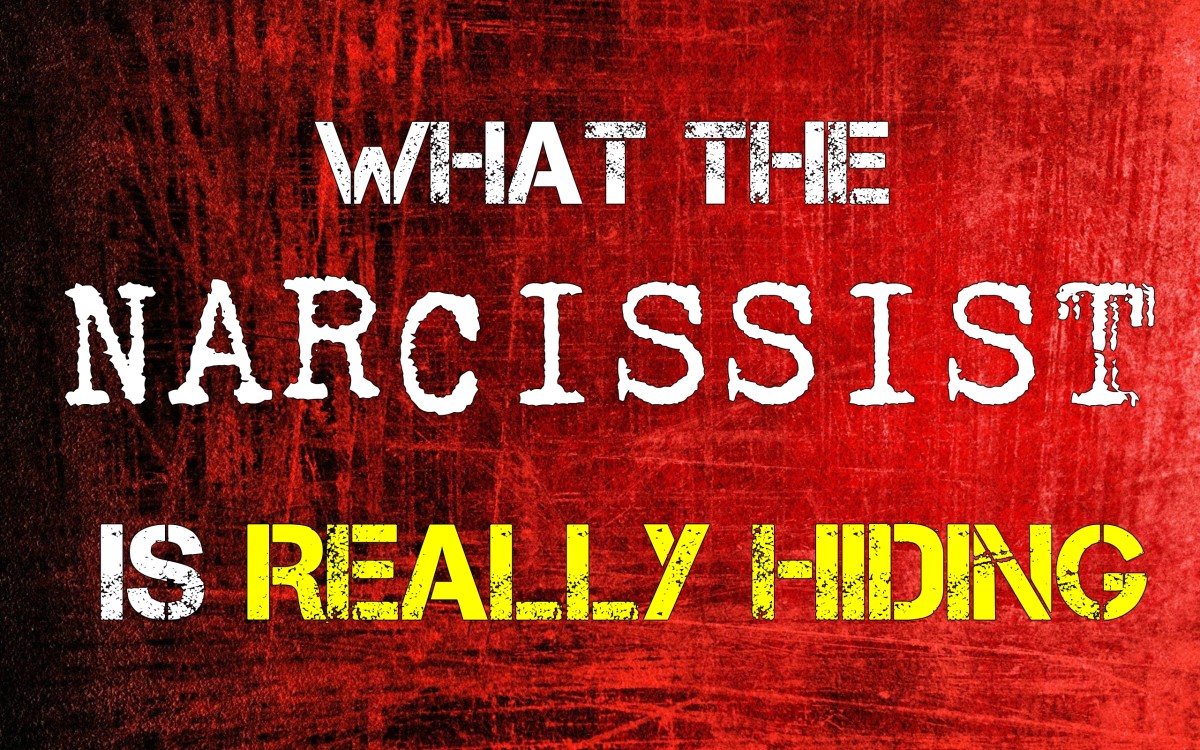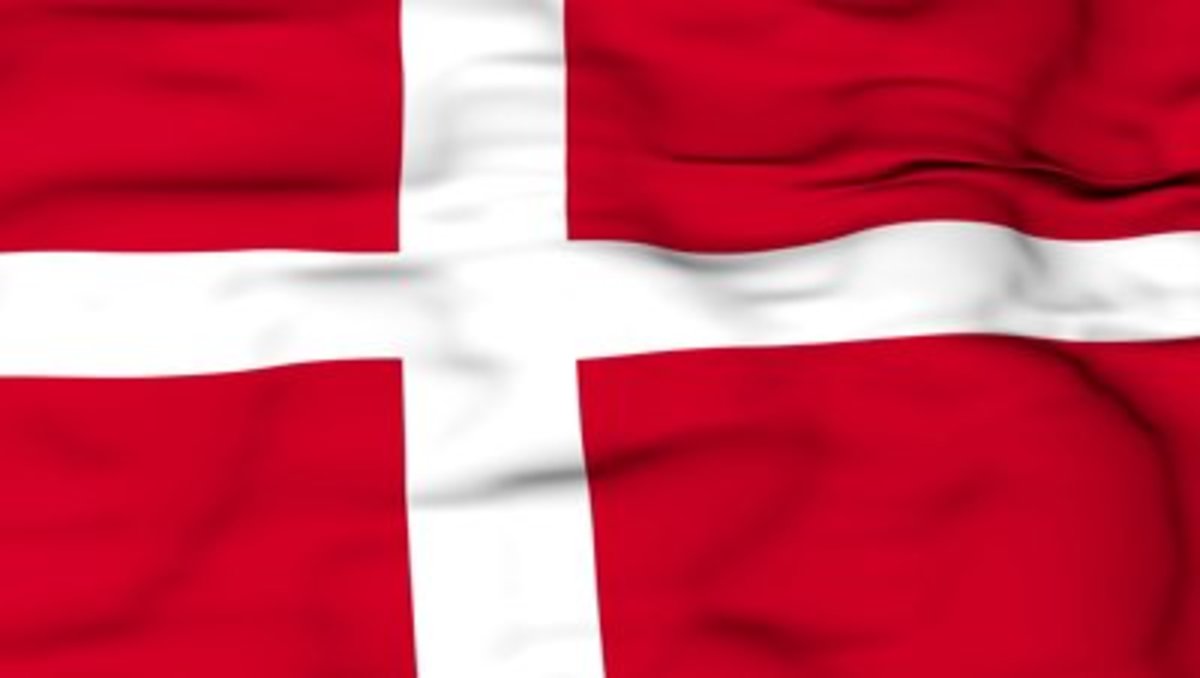After the Fall: What Now?


There is, after the Fall, for better or worse, a proverbial (or eternal) cry from the heavens above: For the Christian it is a cry from God Himself (http://www.theworkofgod.org/Library/Spir_Max/Maxim__9.htm), and for the secularist it is a cry to himself that perhaps can be summed up with the question: “Do you know yourself yet"? Or, if one is Christian, "Do you know Me yet"?
The answer too is different for both the secularist and believer. For the secularist, it is the “knowing” of one's true self, as, for example, a secularist's knowledge of a complete and actualized self, as defined in psychology, and the answer to the question of what purpose can be found in life at all.
For the believing Christian, on the other hand, the answer instead is contained in "the Word" in life's journey to find God's love that is reciprocated through belief in Jesus Christ, and reconciliation thereby possible through His sacrifice provided. For the Christian then, man can be nothing without God, and redemption only possible by being persuaded of God's offering of forgiveness for the individual. It is entirely spiritual and unconditional (i.e., Luke 16:15 He said to them (the unbelievers), “You are the ones who justify yourselves in the eyes of others, but God knows your hearts. What people value highly is detestable in God’s sight).
For the secularist, who believes "the Fall" as myth, or represented by the purely "psychological," "the Fall" is the beginning of a journey to a completeness in life and the “knowing of oneself” and one becomes "at one" with the universe and a reflection of it. Man is thus seen as a "microcosm" of the universe.
A secular Alchemist, for example, might say that “The Fall” of Adam and Eve was (and is) actually representative of the desire man has for the reconciliation of opposites in his own individual psyche that precedes “wholeness” and the consequential happiness in completing life's journey. He might say too that the biblical story is a myth about "desire." He might tell you it is about achieving that wholeness or "quiet" within through trials of life, and sometimes acute suffering; or that life's journey is therefore a performance of "nature" and natural to man's survival and evolution, and can only be attained by use of all faculties of the individual, as like one with a "neurosis" that discovers its cause that when realized brings upon change of his "self" through use of mind, body and his own will (or "desire") to be changed.
Is life all about vanity? Do we actually choose, unconsciously, our misfortune?
Or, is the reason for "the Fall," as the believers’ teach, about our separation from God in the individual’s mind, heart, soul, and spirit, and that a return to God can only be achieved through surrender of the total self to God (salvation) and reconciliation is only possible through sacrifice, and that change in this life is not conditional on a total knowing of one’s self, or “owning” of one’s self since man cannot ever truly "know himself" because of his (or her) denial and acquaintance with evil?
One thing for sure: Both believers and non-believers do agree on one thing: The sanctity of the individual, and the existence of "psychology" in the individual.
Obviously, though the question of redemption from evil is different for the secularist and believer, at least they could – at least in years past - both agree that even if the story of Adam and Eve be accepted as either “spiritual truth” or “myth,” that nonetheless Adam and Eve did indeed eat of that apple, and both knew that to do so would acquaint them with evil. In other words, at least back some years ago the secularist and Christian could agree on one thing: We are all seriously lacking something in ourselves that life might give back.
And - wouldn't you know it - we built a country together on that truth of what we lack - and whether one believed God was the “moving force” that brought growth and progression, or whether it was entirely of man’s doing – we got along.
Why not now?
The question still remains, however: After Adam and Eve fell, could they go it alone, we ask, without God? Or, could they in fact be like God, independent of God, as the secularist believes? Could they wrestle evil in their heads, face it truthfully in their own unconscious, or in the world during crisis, and then use it to create rather than destroy, in cooperation and harmony with those they differed, like God, without hurting others or themselves? Why did Adam and Eve even want to eat of that apple? Didn't they want to be like God, to know what He knows?
This was our beginning, and the question was not only a “spiritual” one, and answerable in a religious context, but as the secularist of the past argued, is answerable as well in a “psychological” context if one were to approach the mystery of the Bible from an entirely intellectual, mythological and secular perspective. But do we have that secularist argument today? Answer: Haven't heard a .peep. Have you? Why not?
So, what of the secularist for whom there is no God? No matter, except that to call himself “liberal” is not truthful. For the “liberal” of yesterday was not moved to hate Christianity except if it became universal law. And in this context too the secularist shared with many Christians a separation of church and state at the dawn of our great country.
But how is it that "secularists" now dictate their "non-belief" and are intolerant of those that believe, and those that believe are more tolerant than they? (One would think the opposite were true, and to some extent it is with terrorists who are religious.) But in our country alone, is it truly "liberalism," or, is it more true to call it "collectivism" if those secular beliefs are conformed to all groups and then alienating to all those not conformed to group dictates? Is then what is dividing us really about only an absence of individual psychology? And if individual psychology be muffled as much as it is, is it any wonder we feel like it is "the end"?
Vanity aside, if we choose to kill or annihilate the "self," do we not also remove the vehicle by which God touches us, our inward convictions not our own anymore? And, if one is a non-believer, does not his own uniqueness dissolve making life meaningless?
Today, some “secularists” (not all) deny the truths of individual psychology. They live “extrovertedly” and "collectively" for acceptance from group dictates - but never do they question what contribution is made by the individual to his circumstances, even within the group itself. And the rationality for this thinking is increasing exponentially, even worldwide. Why?
And this is also true for religious zealots who discount the individual entirely. Is this a coincidence? So, if freedom and liberty be about individuality, is it not chiefly what is increasingly absent in both contexts of view?
Contrary to today, secularists (i.e., Joseph Campbell) of the past argued with theologians; but they did not disagree with the truth that our psychological journey through life is entirely individual and unique. This has changed. Notice that arguments avoid the individual entirely. Can the changing of a country's whole countenance - even the change of the idea of “Humanism” itself - be all due to the Internet and social media, which influence makes the individual not responsible to anything that molds him? Why hate believers? Is the hate of believers really about the hate of “individuality”?
In the past in the United States, more than today, the individual made use of his or her full faculty and mind, given at birth, their use of thoughts from experience, and was only allowed to thrive by a political system that nurtured him. There was no requirement to believe anything by force or control. We knew back then - and agreed with each other too - that the "true" self - in order to grow - had to be true to himself. We knew it could not be done “collectively” so for the “self” to be true, it must first be allowed through liberty, and if the individual is lost, it would follow by sheer necessity that the “true” self would no longer be available. Where has the individual gone? And what of this degradation? Is it not true that the individual is lost, evidenced by what collectives promote as “politically correct” or “thought control"?
But we can agree, can we not, that beneath all skin color, sexual preferences, beneath and to even the bottom of the pit of the inward man, where he wrestles with himself alone, is “psychology” and “spirit.” And, wouldn't you know it, the Christian and secularist can agree on that. For it is beneath, in that time alone, deeply alone, knowing the infinite black hole that reflects the universe outside, but resides within, there exists the place that one becomes acquainted with his true self. Is the renouncing of “spirit” really the renouncement of the truth in “psychology” itself, and that therefore the loss of the individual “self” is the real reason our former way of life is being destroyed? Are we committing suicide? If all arguments form their premises on "group" theologies, isn't it here - within the context of "group" thought - that we ALL, as individuals, lost the "spirit" or "inspiration" life had given us before as individuals?
And much of what the old individual secularist believed is not available today either. For example, we might recall that secular belief (the saving of one’s self) was first recognized as analogous through “Alchemy,” where, like the elements, the human psyche can take on new form; subjectively perhaps, through growing and gradual awareness, like when a state of a particular element is changed by harsh wear, by fire, water - even air - to a new liquid form now penetrable, while in its former solid state it was not' and then in combination with another element, a revelation of change occurs when combined with yet another element that in its former state was not considered possible – like a “meltdown,” a rebirth, if you will. Or one might be familiar with the term “Alchemist,” the word used in the past as the name for what we call today “psychiatrist.” The two obviously having similar names, but that is because the infinite depth of each is the same - which is the “unconscious” or "unknowing" or "reconciliation of opposing elements" - that even the secularist must, ever so stubbornly agree, is never completely “knowable.”
So whether you are a believer or not, there is a truth and honesty that the study of psychology brings to the “inward” man – premised of course upon the fact that very few are truly honest about their own psychology. The unconscious is a vast universe, almost completely unknowable, yet knowable on some level, but never known entirely.
What strikes me as unique in the time we now live is how “collectivism” - caused by mass communications, particularly social media, has ignored (even attempts to do away with entirely) the truths about individual “psychology.”
So even though we know secularists do not believe in God, for the first time notice that they dismiss too all science having to do with individual psychology altogether, and though they may truly regard the Bible as containing only a “psychology” or “myth” in the depths of what it is saying and relate all of it only to psychology or myth, they would still have to admit what a brilliant Alchemic myth it is, which is not an argument today, oddly, as it was with the “liberal” of the past. The Fall I mean. Brilliant! Absolutely! That we began as “spirit” (a ball of energy) and that when we return in spirit, or even if we do not, we would be “conscious” of the love we lost, or, if a non-believer, some result or gain from life on a profane level that would make one on par with a greater intelligence or awareness.
That such a spiritual plan could exist, in actuality or in myth, even on a mundane or profane versus spiritual scheme, was, up until this current day, an argument between the secularist and the believer - but not anymore. Why? Is man in fact the Godhead, or is there a God apart from man orchestrating man’s movement with a plan? Is life truly about a search for “love” and is our Fall meant to acquaint us with our need for God and to reciprocate His love, acknowledge what we lost, what we need, through surrender; or is it about a “knowing” of self heretofore impossible?
And is it more than a coincidence that Jesus (believed by Christians to be God Himself) died on a “cross,” that even primitives regarded as a symbol of wholeness, that those secularists of the past understood in an existential way, that they do not even contemplate today? (The symbol of the cross is what is known as an “archetype” of the unconscious that existed way before Christ appeared on earth.) What might God be saying then? Is He saying that man can never truly know himself above his Creator? Is He saying, “You will never achieve wholeness except through me”? (Or, if one is a secularist and believes the story as myth, is it nonetheless a grand message about "wholeness" within that certain disciplines might bring to fruition?)
His body crucified there, over two crossed boards that form a quadrant, the quadrant relished too by secularists as a symbol of “wholeness” within, yet the Christian's God comes down to earth and puts Himself upon it, lying in His own blood over and on top of it. And that the Christian therefore believes in Jesus Christ as Messiah, can the secularist be at least open to the conviction of such belief and ask: Why not?
And neither do the young secularists today know that the meaning of the Fall has its own recognition of psychological truth even in China, for example, where Christianity is not practiced, except in a few. There, unlike in the West, the “serpent” is seen as “good” and necessary for man’s fulfilling his full potential on earth, if he wants, or needs, to reconcile himself to a deeper understanding of himself – which in most cultures (and even primitive ones) the balance of mind, body and soul was always held in high reverence, and recognized as being contained in "quadrants," that are formed by a "cross" (like in Catholicism when one blesses themselves by touching his mind, then heart, then crosses his hand over both shoulders, left to right, to complete the blessing).
But while the very essence of “knowing thyself” is very much valued even by secularists in China, oddly, the absence of argument in the secularist of the U.S. makes the “secular” view in the United States totally absent of real psychological truth, and therefore is unique. That some secularists hate and condemn Christianity then is not “liberal” at all. It is in fact the FIRST TIME we are confronted with an absolute denial of the “malleable” inward life of mankind since the creation of our great country (and perhaps the world!). And - for the first time, the search to “feel alive” is found in “group” acceptance where the individual is not even required “to think” or “exist.”
Incredible, is it not?
(But I wonder too if it is not too late to find reconciliation between the two groups - believers and non-believers - if we can agree on the loss of individual psychology? Why or how can one find fault in anyone for "believing" something that has no consequence for others who do not believe the same thing?)
And although the secularist does not believe Christ was God, what does it matter that one does, when it is, after all, entirely an "inward" choice? Do you know what I mean? Do we think we know ourselves? Surely the secularist and believer can agree on the importance of individuality, can we not?
For we are separated not only by belief, not only of God, but, for the first time, by what is true in psychology and Alchemy, which is the use of our minds to reconcile the opposites within ourselves to bring within our individual lives an understanding of the workings of our own minds. To do good, we always hope, and by accepting responsibility for our inner experience that shapes our attitudes.
We all are searching for inner peace through either 1) intellectual exercise for the secularist, or 2) self-awareness, faith and surrender to Christ for the Christian. So truly what is missing only in our inability to get along is an admittance of what we all are truly seeking while alive - which is to feel alive - our own individuality, our uniqueness, and some quiet in our souls.
Christians have the cross, and secularists have the “self”; but how beneficial can these beliefs be without our own individual selves partaking of their truths and understanding our own psychology? Are we truly "progressing" or "digressing"?
© 2014 Cynthia Taggart

